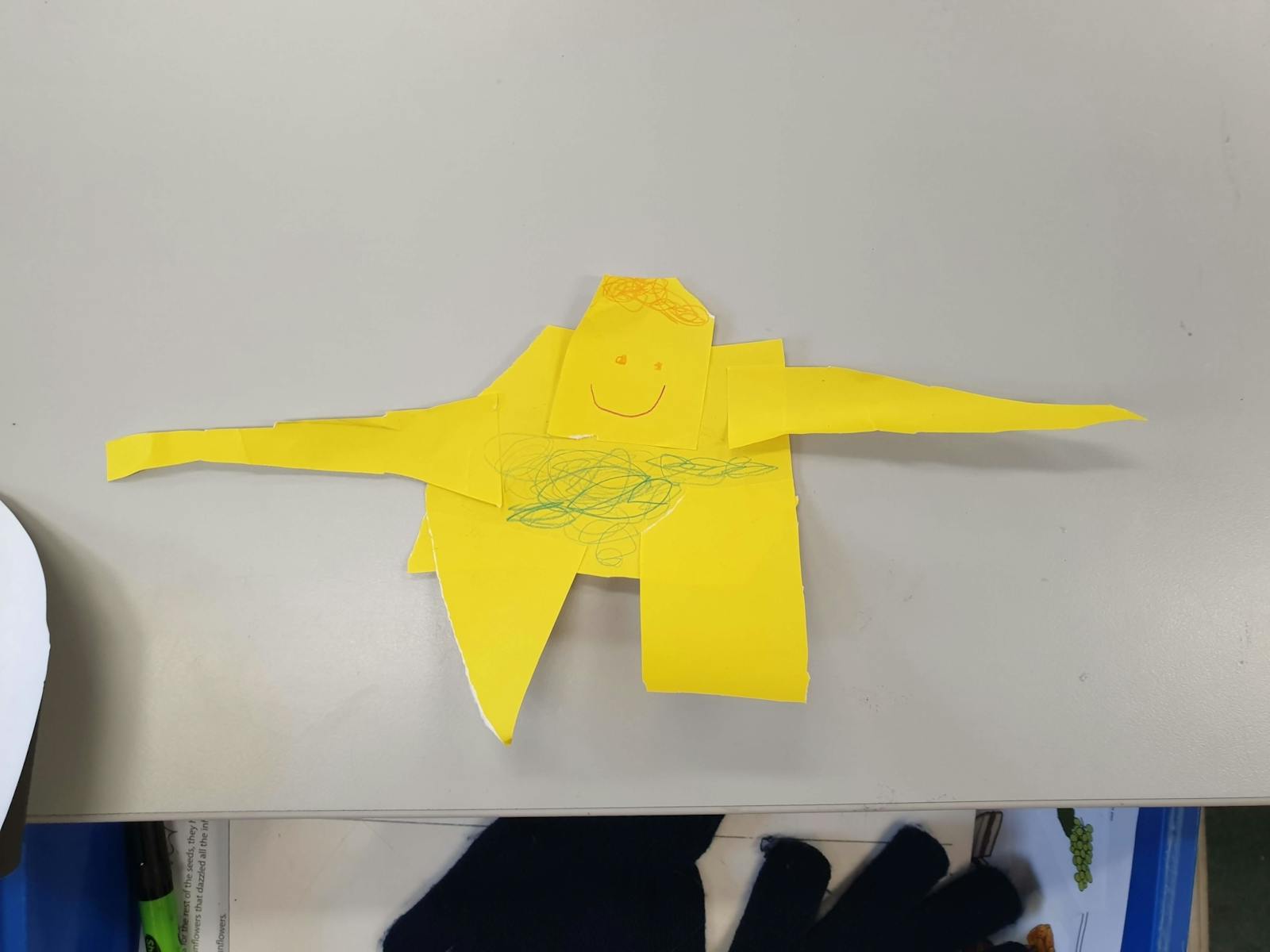Dasha Veysey
There’s no room for creativity: A designed approach to primary education
Summary
We know creativity is important, so why is the curriculum in England is educating creativity out?
For our increasingly globalised and complex world, education is the key to navigating its future. As a design researcher, I understand and believe that creativity is an essential skill for learners. There is countless research supporting its implementation in schools, from promoting arts education to developing an international ‘creativity test’, but England’s curriculum continually discards ‘creative’ subjects. As a top skill for employers, is it more vital than ever to engage new learners.
My research explores primary education, taking an ethnographic approach- working directly with children, parents and staff as co-researchers. I worked with year 1 and 5 students, comparing how the age groups approached challenges and interacted with the world. The system of a school showed the most value through reflective conversations with staff and observations outside the classroom.
Additional info
As the pandemic closed schools, I developed my work to demonstrate how the return to school should be facilitated. Many teachers felt intimidated by the term 'creativity', so it was approached through confidence, problem solving and independent thinking. This allowed teachers and pupils to have conversations around their changed experiences, whatever the next year would be.
As a researcher, it was an experiment in continuously iterating ideas. The thesis is structured like the school year, with each term following similar patterns- literature review, methods, aims and objectives, questions- aside from the final section, which evaluated and concluded the year. This allowed for a new approach to each phase of research, which became crucial with the ever changing pandemic guidelines.
“We don’t grow into creativity, we grow out of it. Or rather, we get educated out of it.” - Sir Ken Robinson (1950 - 2020)

Viewing the school as a system highlighted the importance of a feedback loop for the researcher and those in a school, both adults and pupils.
“Are you joking? We have had no such time for this, it‘s another pressure beyond our ability to cope when working at home has been relentless." - A parent's response to increasing creativity at home





The iterative process used to inform the researcher’s position in the school and the outputs, where ‘moments’ were either observed or created by the researcher, i.e. the researcher was directly involved.


